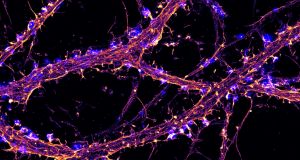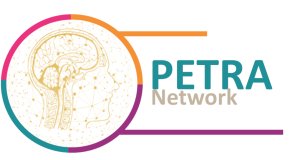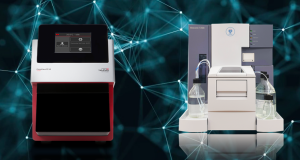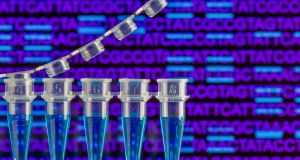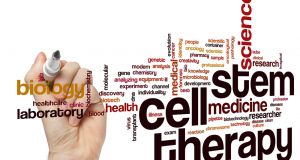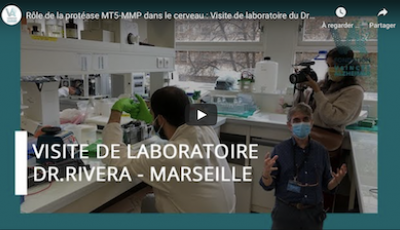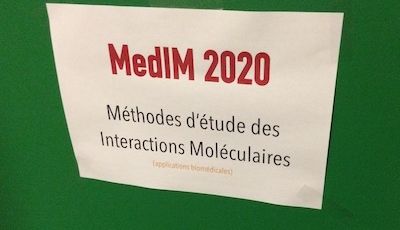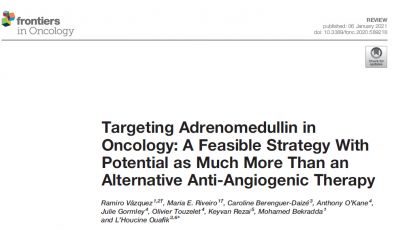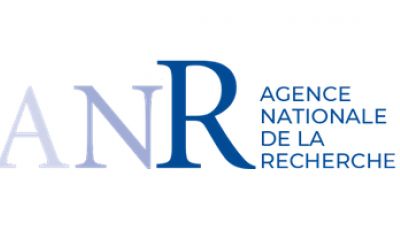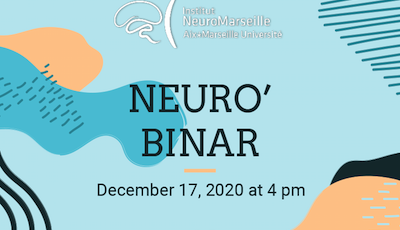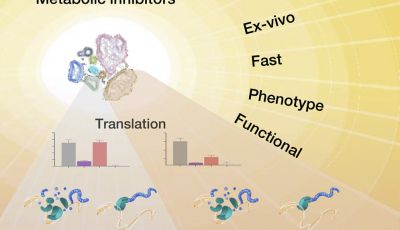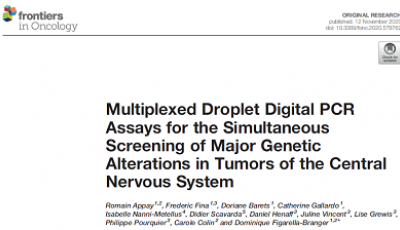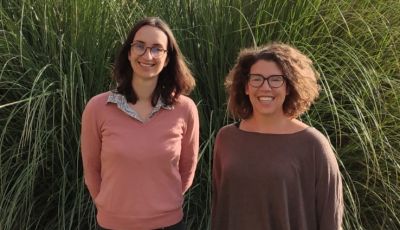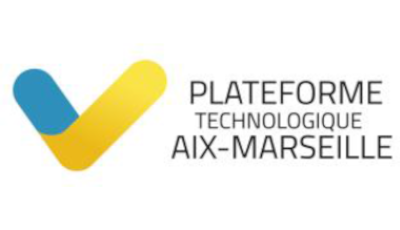Teams
NeuroTimone Facility (PFNT)
The PFNT Facility is a coherent set of exploration tools in neurobiology allowing research at the molecular, cellular and integrated levels.
News
-
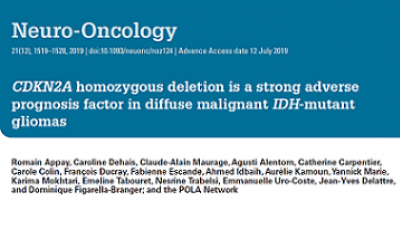 New publication from the GlioME Team and the national POLA network (dedicated to high grade oligodendroglioma) pointing at CDKN2A homozygous deletion as a strong adverse prognostic factor in diffuse malignant IDH-mutant gliomas.
New publication from the GlioME Team and the national POLA network (dedicated to high grade oligodendroglioma) pointing at CDKN2A homozygous deletion as a strong adverse prognostic factor in diffuse malignant IDH-mutant gliomas.In a large cohort of 911 high-grade IDH-mutant gliomas from the French national POLA network, we investigated the prognostic value of the CDKN2A gene homozygous deletion as well as WHO grading criteria (mitoses, microvascular proliferation, and necrosis).
We showed that:
- CDKN2A homozygous deletion characterizes diffuse malignant IDH-mutant gliomas with worst outcome.- Microvascular proliferation stratifies IDH-mutant gliomas lacking CDKN2A homozygous deletion.
-
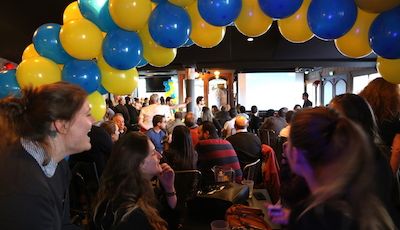 INP & Vect-Horus first day off in Black Stone pub
INP & Vect-Horus first day off in Black Stone pubOn thursday december the 12th, most of INP and Vect-Horus members got together and spent a day in the Black Stone pub, Marseille, to celebrate the fact that nearly two years after its creation, the Institute of NeuroPhysiopathology is finally located on Tmone Campus.
-
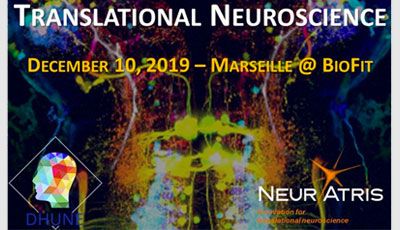 Michel KHRESTCHATISKY invited to the third edition of “Translational neuroscience Day: challenges and opportunities” co-organized by DHUNE and NeurATRIS
Michel KHRESTCHATISKY invited to the third edition of “Translational neuroscience Day: challenges and opportunities” co-organized by DHUNE and NeurATRISMichel KHRESTCHATISKY, Director of the UMR7051 Institute of Neurophysiopathology at Aix-Marseille University / CNRS and co-founder of VECT-HORUS was invited at the third edition of “Translational neuroscience Day: challenges and opportunities” co-organized by DHUNE and NeurATRIS and hosted by BioFIT on December 10, 2019 (https://www.biofit-event.com/translational-neuroscience).
-
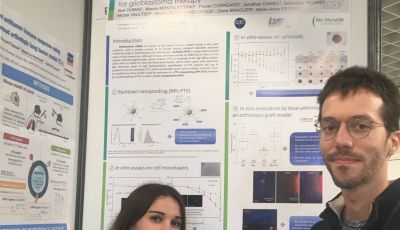 Maeva MONTALEYTANG and Noé DUMAS from the GlioME team presented their research on nanoparticles at the SFNano C'Nano congress
Maeva MONTALEYTANG and Noé DUMAS from the GlioME team presented their research on nanoparticles at the SFNano C'Nano congressMaeva and Noé presented their poster at the SFNano C'Nano conference entitled "Preclinical evaluation of a paclitaxel nanoprodrug for glioblastoma therapy".
-
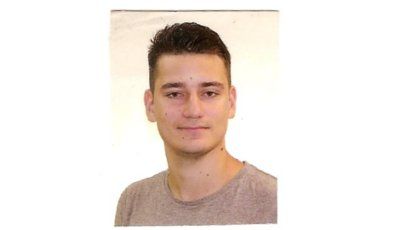 Un nouvel arrivant dans l'équipe 5
Un nouvel arrivant dans l'équipe 5L'équipe 5 a le plaisir d'accueillir en stage du 1er décembre 2019 au 31 mars 2020, Théo Loignon étudiant à l'école d'ingénieur de Bordeaux ei.cesi. Théo travaillera avec Jean-Philippe Dales sur l'imagerie chimique du tissu nerveux au cours de la neuroinflammation.
-
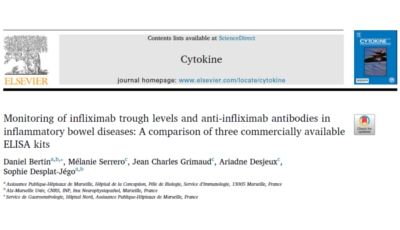 New publication for the Neuro-inflammation and Multiple Sclerosis team (INP team 5) in Cytokine about the immunomonitoring of infliximab biotherapies
New publication for the Neuro-inflammation and Multiple Sclerosis team (INP team 5) in Cytokine about the immunomonitoring of infliximab biotherapiesIn this paper, Daniel Bertin evaluated the immunological follow-up of patients suffering from chronic inflammatory diseases and receiving anti-TNF biotherapy. Three commercial ELISA assays for monitoring soluble through levels of infliximab and anti-infliximab antibodies in serum showed a good global correlation of results. However, some quantitative discrepancies could change clinical decision. As a consequence, Daniel Bertin recommended to keep the same kit to perform a longitudinal follow-up of patients.
-
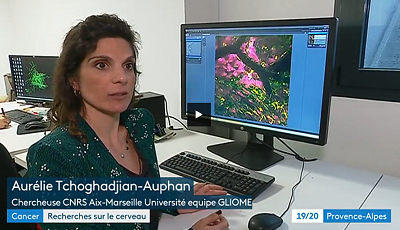 Aurélie Tchoghandjian-Auphan, CRCN CNRS from the GlioME team, was recently granted by ARC fondation for her project "Effects of Smac mimetics treatment on glioblastomas immune response" .
Aurélie Tchoghandjian-Auphan, CRCN CNRS from the GlioME team, was recently granted by ARC fondation for her project "Effects of Smac mimetics treatment on glioblastomas immune response" .Aurélie Tchoghandjian-Auphan, CRCN CNRS from the GlioME team, in the Insitute of NeuroPhysiopathology, UMR CNRS 7051, was recently granted by ARC fondation for her project "Effects of Smac mimetics treatment on glioblastomas immune response".
Subsequently she was interviewed by :
- France 3 (JT 19/20 PACA diffusion du 15/11: 7'09 à 9'45) ;
- Provence Azur (18/11/2019) ;
- 20 Minutes Marseille (18/11/2019)
- La Provence -
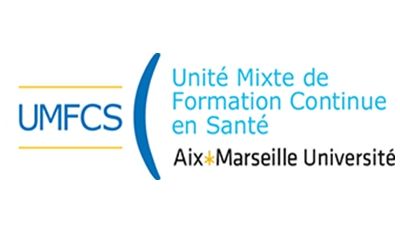 DESU « Exploration et traitement des maladies auto-immunes »
DESU « Exploration et traitement des maladies auto-immunes »Vous êtes médecin, pharmacien, interne en médecine ou biologie médicale et intéressé par les maladies auto-immunes et inflammatoires chroniques ?
Dépêchez-vous, il ne reste que quelques places pour la session 2019-2020 du DESU « Exploration et traitement des maladies auto-immunes » (coordination : Dr Sophie Desplat-Jégo – Faculté de Médecine de Marseille). Inscriptions jusqu'au 30 novembre 2019.
Pages
INP in numbers
- 126 members
- 44 researchers
- 48 research assistants
- 12 post-docs
- 11 PhD
MedIM 2020 : retour d'expérience
Dans la semaine du lundi 07 décembre au vendredi 11 décembre s'est tenue avec succès la première édition de l'atelier MedIM (Methodes d'étude des Interactions Moléculaires) co-organisé par la Plateforme INteractome Timone (PINT) de l’INP, la plateforme de Biologie Structurale de l’AFMB et les plateformes de l’IMM, toutes trois labellisées "Plateformes Technologiques du site d'Aix-Marseille".
The NeuroCyto team receives two ANR grants in 2020
The NeuroCyto team led by Christophe Leterrier was awarded two collaborative ANR grants in the 2020 call. The first project, “How actin/spectrin scaffold shapes axonal physiology” (ASHA), is coordinated by C. Leterrier in collaboration with the teams of Stéphane Vassilopoulos (Institut de Myologie, Paris) and Emmanuel Nivet at INP.
Laurie Arnaud (Team6) on the Neurobinar #3 (NeuroMarseille) !
Laurie Arnaud will be presenting on the Neurobinar #3 on December 17 at 4 pm on Zoom.
For this third edition, NeuroMarseille is pleased to welcome Christelle Baunez (INT), Laurie Arnaud (INP) and Nada El Mahmoudi (LNSC/LNC). Laurie Arnaud and Nada El Mahmoudi will introduce their respective theses in a cross presentation. After a question and answer session, Christelle Baunez (INT) will explain her research on the role of basal ganglia (GB) in motivation and reward processes.
A successful partnership between the APHM Pathology department / the GlioME team and ID-Solutions industrial society.
A successful partnership between the APHM Pathology department / the GlioME team and ID-Solutions industrial society (https://www.id-solutions.fr/fr/), has led to the developement of ready-to-use kits for the detection and quantification by digital PCR of key genetic alterations of brain tumours, specifically gliomas.
Poste pourvu : The Institute of NeuroPhysiopathology (INP) welcomes tenured researchers/lecturers, and junior researchers to lead or strengthen its research programmes
The Institute of NeuroPhysiopathology (INP) is a new laboratory of the CNRS/Aix-Marseille University created in 2018 that combines fundamental and translational research in a stimulating and friendly working environment (https://inp.univ-amu.fr). The INP is located on the Health Sciences Campus of La Timone, which is home to other leading neuroscience laboratories, bringing together more than 400 people covering a wide range of topics.
Le label « Plateforme Technologique Aix-Marseille » de la PlateForme NeuroTimone PFNT a été renouvelé
Le label « Plateforme Technologique Aix-Marseille » de la PlateForme NeuroTimone PFNT a été renouvelé pour une nouvelle période de 3 ans par AMU, l’Inserm et le CNRS. Pour mémoire rappelons que la PFNT est constituée des plateformes NCIS, PINT et SCeNT de l’INP et de INPHIM de l’INT. La PFNT offre un éventail de prestations technologiques en neurobiologie au niveau local pour les équipes de recherche et start up de Marseille mais aussi au niveau régional et national.















